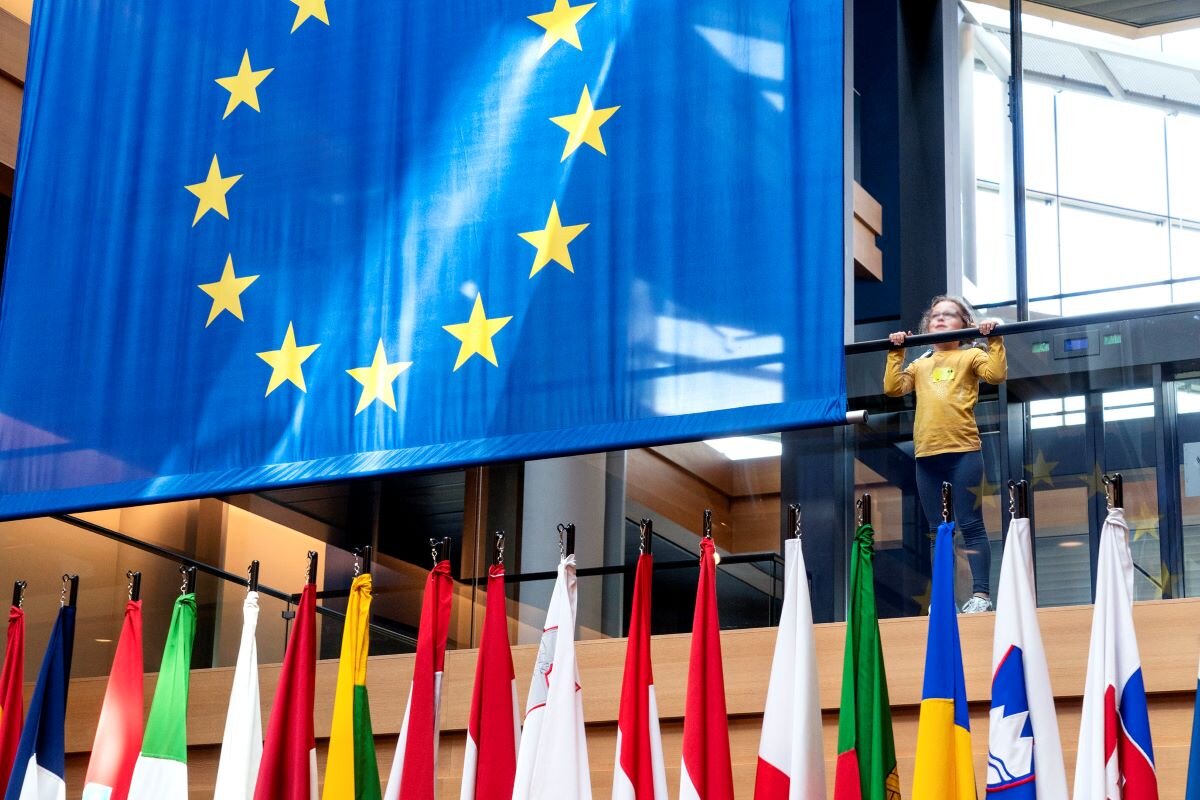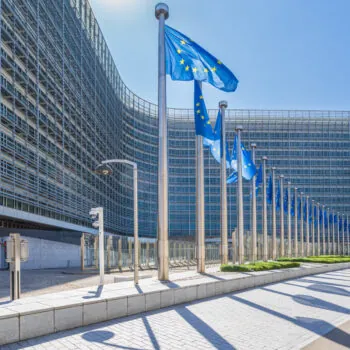The EU is struggling to turn its ‘Fit for 55’ Green Deal into legislation, thereby falling behind popular opinion that demands more climate action. The mounting crises over the past couple of years have provided a lot to process, but the EU has sought to accelerate the climate and sustainability agenda as a response. This has not been without setbacks and decision makers are still to agree on the necessary measures, and their concrete implementation. Citizen inclusion can be the means of pushing through the bottleneck.
Fit for 55 is alive, but not fit for wartime
Accelerating the clean energy transition now will offer clear and lasting solutions. Yet, the EU’s energy and environment ministers failed to fully seize the occasion during their last meeting in June. They supported the Commission’s ‘Fit for 55’ plan to cut EU emissions by 55% by 2030, but fell short of aligning with the ‘REPowerEU’ plan to rapidly transition away from Russian fossil fuels. This sent confusing signals to economic actors, citizens and international partners, giving the impression of halting progress and lack of political ownership. The package can still shift society and the economy in the right direction, but only if decision makers come to terms with the required pace and breadth of change in forthcoming negotiations.
National and private interests generate inertia
The continuous sequence of crises initially created a sense of deeper unity and of urgency within the EU. But as the European Green Deal moves to translate long-term goals into legislation, cracks are beginning to show. There is pressure on member states to tackle an unprecedented number of laws. Meanwhile, high-emitting industries and vested interests still exert disproportionate influence in slowing down change.
The sequence reveals Europe’s socio-economic vulnerability. North-west European countries feel more economically confident to deal with higher climate ambition. Yet, they are less willing to finance solidarity with south-east European countries, who are starting from higher emissions and a more socially exposed population.
In addition, member states who traditionally championed higher ambition have not been able to adequately organise, as they struggled with their own domestic situation. The best they could do was prevent the package from sinking. The most ambitious governments should take this as a wake-up call and start re-aligning their strategies swiftly.
EU countries are halfway there, but citizens are way ahead
Citizen inclusion is an untapped resource for creating political capital. EU member states act as if societies have run out of capacity to absorb change, and citizens are absent from policy design. Yet, popular consensus is in favour of climate action. According to a recent Eurobarometer survey, 84% of EU citizens think Russia’s invasion of Ukraine makes it more urgent to invest in renewable energies. 85% approve more action on energy efficiency in buildings, transport and goods. The disconnect between public support, and stiff institutional procedures for crafting new EU laws without meaningful public participation, creates a shortfall in governments’ agency.
In this context, the Czech Presidency has the difficult duty of delivering fast on ‘Fit for 55’. They have a strong focus on energy security, leaning towards diversification of gas supply and nuclear deployment. Until now they are falling short of treating climate as a top priority. Even if they succeed in closing many policy files before the end of 2022, the road to delivery will still need to be travelled.
First draw the pathway, then find the finance
The Czech desire to act fast is encouraging, but the problem of financing the transition is far from solved. Questions remain about who bears the costs, who gets the benefits, and how EU countries ensure a fair redistribution.
The EU holds the cards to deal with the geopolitical tectonic shift happening now, but has to do more and faster than initially planned for in the EU Green Deal. To achieve that, it should rely much more on citizens’ willingness to embrace change. Sharp and robust solidarity instruments, that still await a proper fiscal discussion, are likelier to occur with citizen support. Participants of the Conference on the Future of Europe have already provided actionable lines of approach: harnessing citizen inclusion can create the needed political space to accelerate action.


